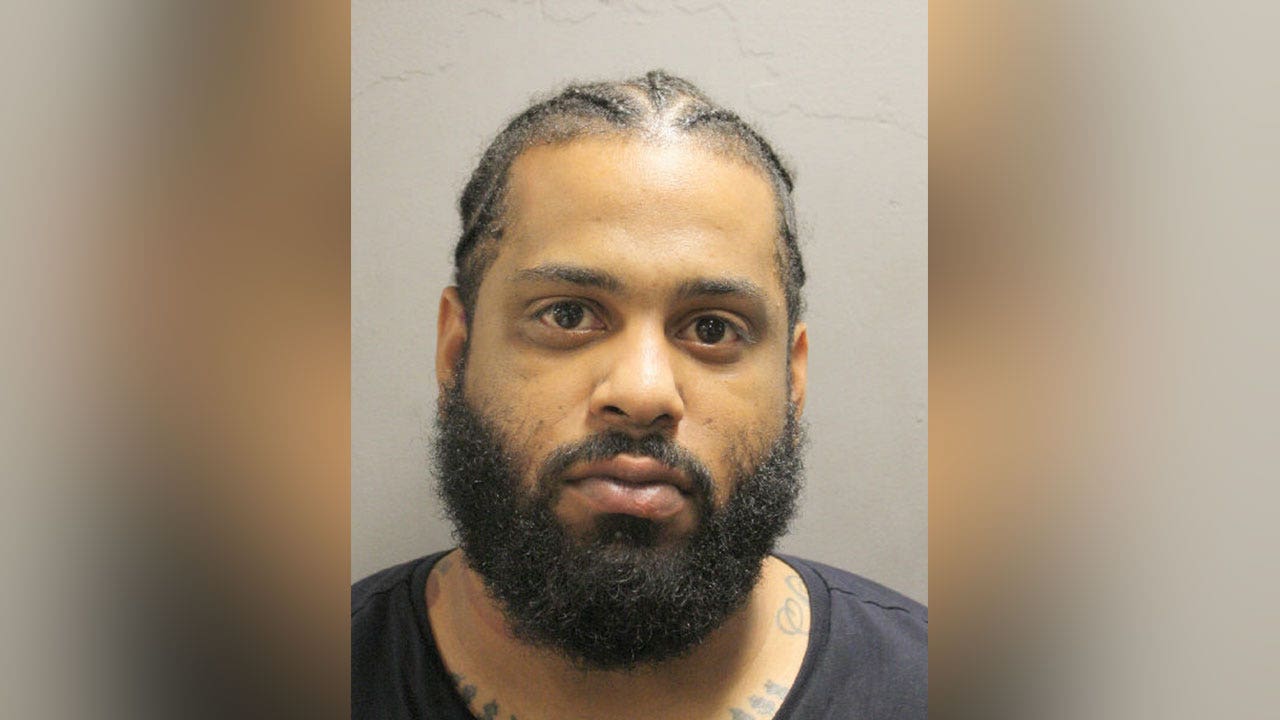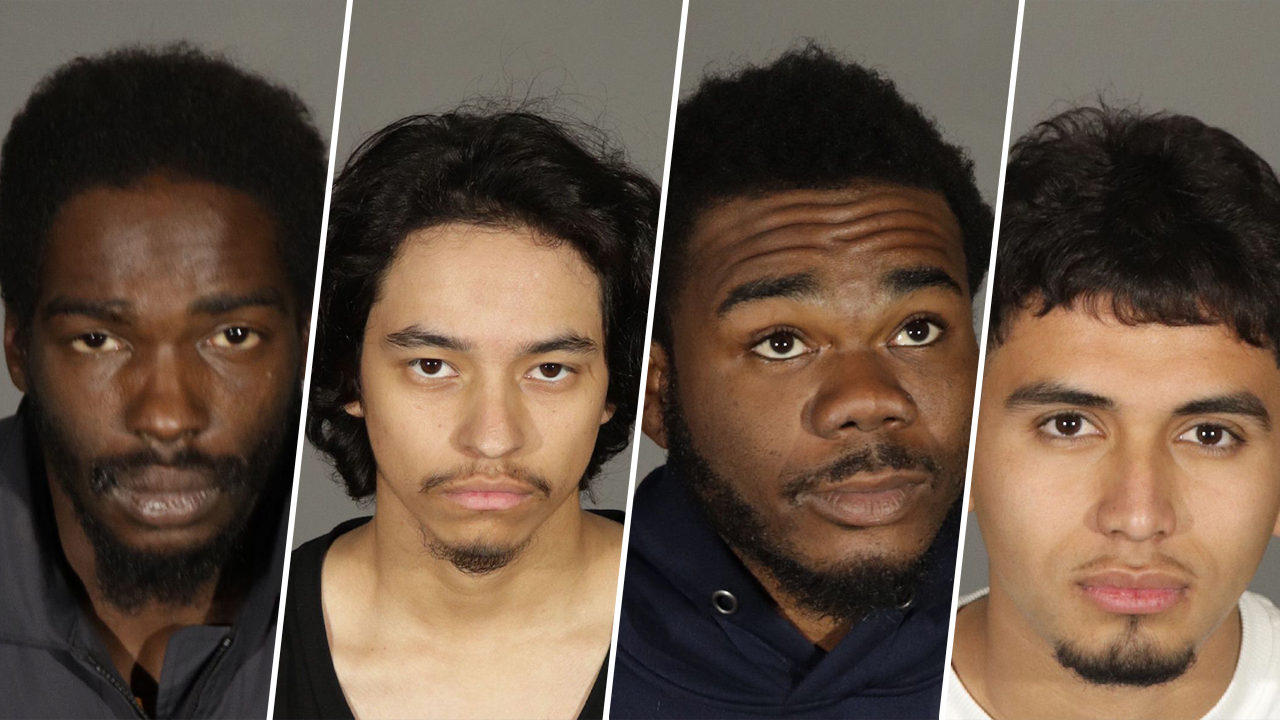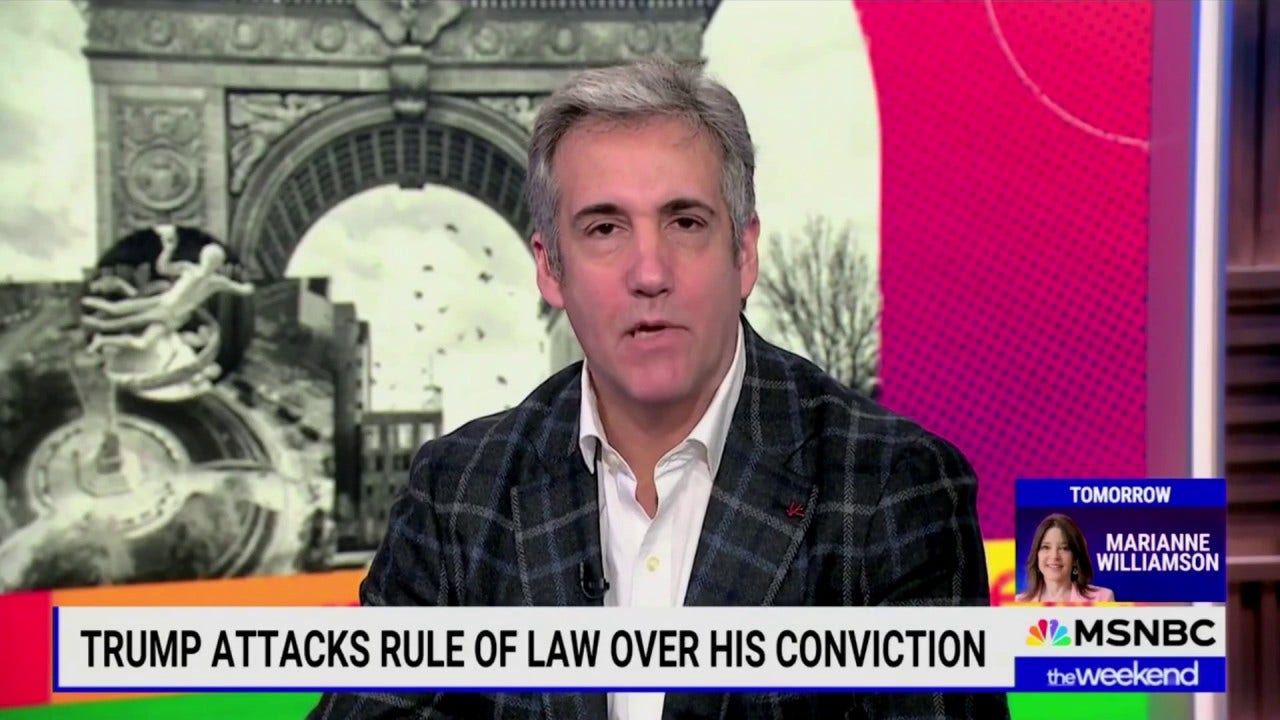Centrist Democrats are revolting.
As they begin to dissect their collapse in the presidential election, some Democratic National Committee members are concluding that the party is too “woke,” too focused on identity politics and too out of touch with broad stretches of America.
Those existential concerns, according to interviews with more than two dozen DNC members, are shaping the earliest stages of the race for DNC chair and, in the absence of a formal party autopsy, blame-casting among members about the causes of Vice President Kamala Harris’ defeat.
“The progressive wing of the party has to recognize — we all have to recognize — the country’s not progressive, and not to the far left or the far right. They’re in the middle,” said Joseph Paolino Jr., DNC committeeman for Rhode Island. “I’m going to look for a chair who’s going to be talking to the center and who’s going to be for the guy who drives a truck back home at the end of the day.”
Or as one DNC member from Florida put it: “I don’t want to be the freak show party, like they have branded us. You know, when you’re a mom with three kids, and you live in middle America and you’re just not really into politics, and you see these ads that scare the bejesus out of you, you’re like, ‘I know Trump’s weird or whatever, but I would rather his weirdness that doesn’t affect my kids.’”
The race for chair — the party’s first real reckoning with its brutal Election Day outcome up and down the ballot — is wide open, with nearly a dozen names floated as possible successors to replace Jaime Harrison, who is not expected to run again. Potential contenders include some Democrats with formidable resumes, including Wisconsin Democratic Party leader Ben Wikler, Minnesota Democratic-Farmer-Labor Party Chair Ken Martin, ex-White House infrastructure czar Mitch Landrieu and U.S. Ambassador to Japan Rahm Emanuel, among others.
Party officials are expected to wait until the next chair is seated, likely early next year, to decide on a formal review of Democrats’ failings in the election. But the recriminations over Harris’ loss to Donald Trump are already reverberating throughout the DNC — and influencing members’ outlook on the chair’s race, the first step the party will take to chart its post-defeat direction.
“This is basically a rebuild job from the bottom up,” said Donna Brazile, the former Democratic National Committee chair.
Amid that still-nascent overhaul, a wing of Democrats who believe the party shifted too far to the left is rising up inside the DNC.
“I do think there’s this whole sentiment that we just went too far out there on identity, and it allowed the Republicans to really attack us at every turn as a result, and that we just essentially did not focus on just the everyday issues of Americans,” said one DNC member from California, granted anonymity to speak freely.
“I’m not interested in anyone who is moving further away from the center,” said Cindy Bass, a Pennsylvania committee member from Philadelphia. “The center is where we have to be.”
President Joe Biden’s Democratic National Committee and his installed chair, Harrison, are by no means considered progressive insurgents. But the body has been subject to tactical shifts before. Following Hillary Clinton’s defeat in 2016, party officials stripped superdelegates of much of their power in the presidential nominating process, a victory for the left after a primary in which superdelegates overwhelmingly supported Clinton over Bernie Sanders. Today, among at least some members of the party, there is a sense that the party has drifted too far leftward in its messaging.
The concern is not just ideological but is spreading to issues of identity. Even some of the committee’s most progressive members say so.
A second member from California, granted anonymity to speak openly, described a general hesitation to back a woman or person of color for party chair after Harris’ defeat. This person added that view does not square with their own outlook. But they were not alone in noticing it.
“I’m disappointed that most of the names I’m hearing are men,” said Shasti Conrad, the Democratic Party chair for Washington state, one of the only states that trended toward Democrats in 2024. “I hope we get some strong female candidates, too. One of my worries is that one of the bad takes is the party thinks that we’ve tried more diverse leadership, and maybe that doesn’t work.”
One DNC member, granted anonymity to assess the field of potential chairs frankly, said, “It’s White Guy Winter.”
Virgie Rollins, the DNC Black Caucus chair, said she will “wait and see if someone from the Black Caucus wants to step up” to run to lead the committee. But she added, no matter what, “my caucus is going to be very much involved in who the chair is going to be.”
In addition to Wikler, Martin, Landrieu and Emanuel, potential contenders include California Sen. Laphonza Butler, former Maryland Gov. Martin O’Malley, defeated Sen. Sherrod Brown of Ohio, former New York Rep. Max Rose and former New York state Rep. Michael Blake.
The new four-year term for the role begins in March and includes more elemental tasks than just choosing political vendors: The next chair will be responsible for setting the 2028 primary calendar as well as determining presidential debate parameters, not to mention framing the party’s midterm message and marshaling its fundraising efforts across the map.
In the wake of Democrats’ widespread loss, several DNC members said their next chair should be an organizing guru. Moderate, establishment-oriented and progressive Democrats identified it as a must-have.
“I’m looking for a new DNC chair who’s going to continue to help build the infrastructure of the party around organizing,” said Pennsylvania Lt. Gov. and DNC member Austin Davis, “to make sure we’re building an organization that can not only turn out voters, but persuade voters.”
He added, “Trump really kind of ran up numbers everywhere, you know what I mean? There was clearly a strategy not focusing on one place or another. And as a party we have to do that.”
That desire for better organizing extends both down the ballot and deep into the battleground states that Trump swept. Several DNC members said they wanted to see such efforts even in off years — not just in the ramp-up to the presidential election. And they want it to be led by people with deep knowledge of key states — not folks flown in from Washington.
“They need to pay more attention to having operatives that are from those states in those states and doing more training in the offseason,” said Tomika Vukovic, a recently elected DNC member from Wisconsin.
The party is searching for answers in that state — and everywhere else. And some DNC members just hope the committee will pick a chair willing to dig into that work.
Said one New York DNC member, granted anonymity to assess the party’s ailments: “I would like to see a chair that can be critical of the party. And take a real in-depth look of where we’ve done things right and we’re we’ve failed and take action, even if it’s not popular. Not everything is puppies and rainbows.”
Elena Schneider, Melanie Mason, Jeff Coltin, Brakkton Booker and Irie Sentner contributed to this report.
Read the full article here









